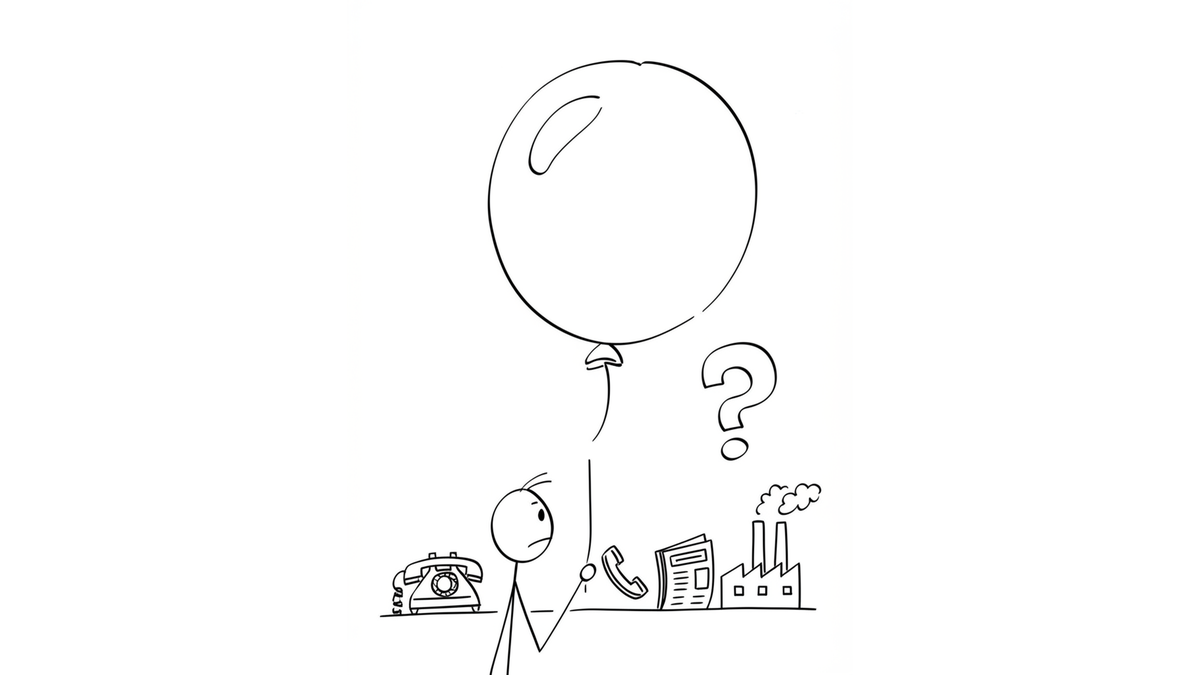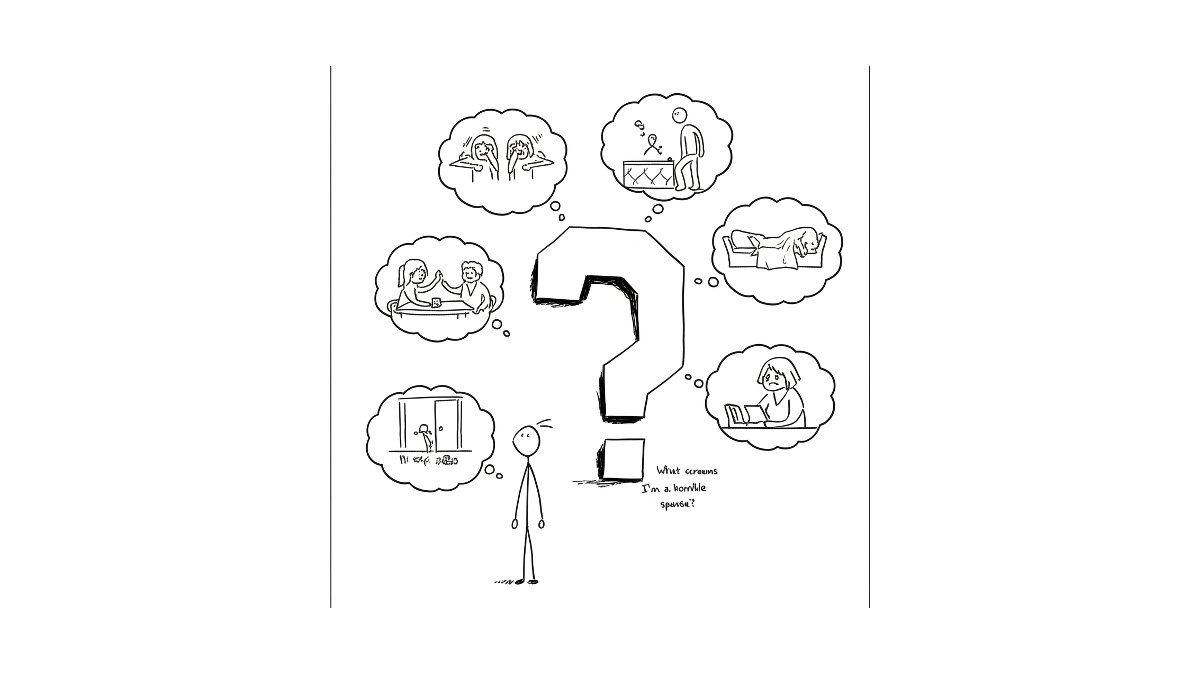Have you noticed the local shoe repair shop is gone? Or that you can never seem to reach a human on the phone anymore? You aren’t imagining it. Across the country, entire industries are slowly disappearing, reshaped by technology and changing habits. This quiet transformation affects jobs, communities, and even our daily routines.
The Changing Landscape
First, let’s look at the current trends. Many once-stable industries now face decline due to innovation and shifting consumer needs. For example, the rise of digital communication has drastically reduced the demand for printing services. Businesses now favor e-receipts and digital contracts, making paper-based operations obsolete. Furthermore, this shift extends to specialized crafts that are losing ground to mass production.
“Artisanal repair, like leather repair, shoe repair, seamstress/clothing repair. Combination of no young people learning the skill/taking over businesses and proliferation of fast fashion.”
Additionally, even fundamental services are evolving. The traditional funeral industry is seeing casket sales slow as more people choose cremation or other modern burial options. These changes show a broad move away from long-established practices.
“My wife is an accountant. She moved from one company where she’d literally read from paper receipts to reading e-receipts and now she’s in a paperless accounting firm.”
The Human Cost of Change
However, this progress comes with significant challenges. The decline of certain industries creates real frustration and economic pressure for many people. For instance, the push toward automation in customer service is a major point of contention. While companies save money, customers often struggle to resolve complex issues without human help. People feel that service quality is actively getting worse.
“You thought getting a human on the phone was difficult in 2025? By 2035, Agentic AI will make sure no human customer service exists.”
Meanwhile, other sectors suffer from unsustainable economic models. The AAA video game industry, for example, is trapped in a cycle of massive budgets and aggressive monetization. This practice alienates the very players it depends on. This shows a growing disconnect between corporate goals and consumer satisfaction.
“Gaming is not dying, but the big game companies are almost incapable of making a profit… They are trying to stem the bleed with micro transactions but most players hate them…”
Finding Opportunity in Disruption
Therefore, how can we adapt to this new era? Instead of just watching these changes happen, we can take proactive steps. By making conscious choices, we can support the parts of our economy we value and prepare for the future. The key is to find opportunity within the disruption. Here are a few community-tested strategies:
- First, support the businesses you want to keep. Make an effort to visit local repair shops, artisans, and grassroots venues. Your patronage is their lifeline.
- Second, champion independent creators. In industries like gaming, supporting smaller studios that focus on quality over monetization can help shift the market.
- Finally, focus on developing future-proof skills. As AI handles more routine tasks, skills like creativity, critical thinking, and complex problem-solving become more valuable than ever.




